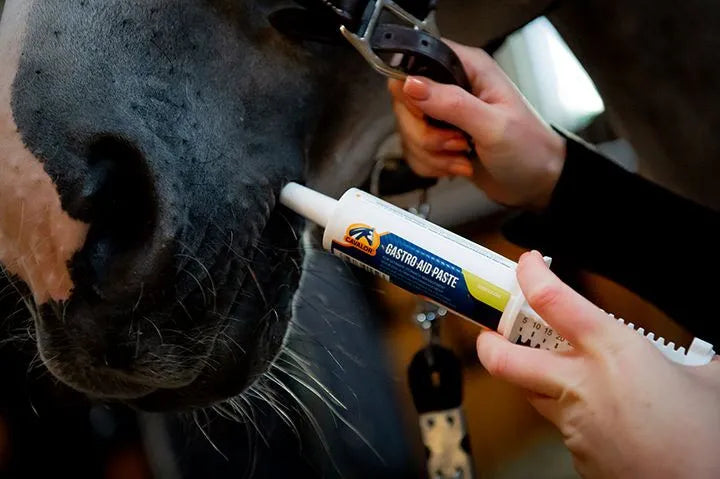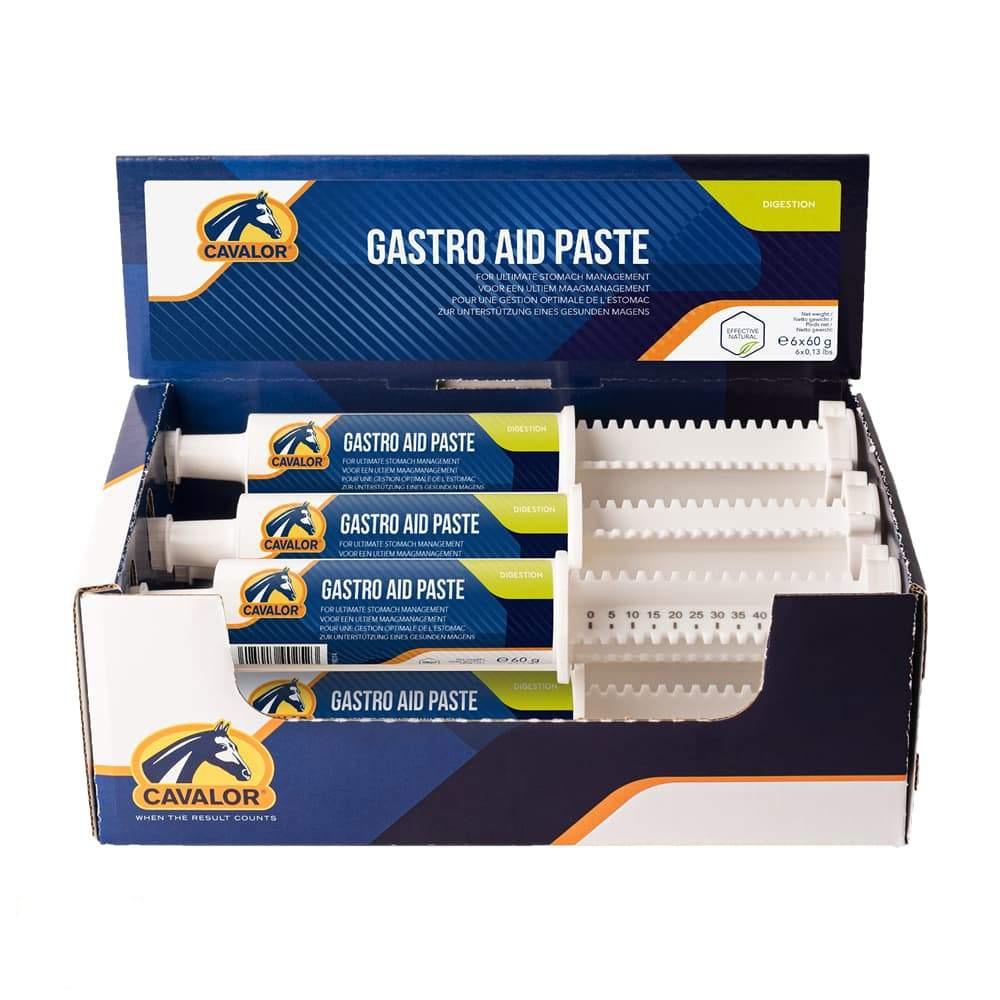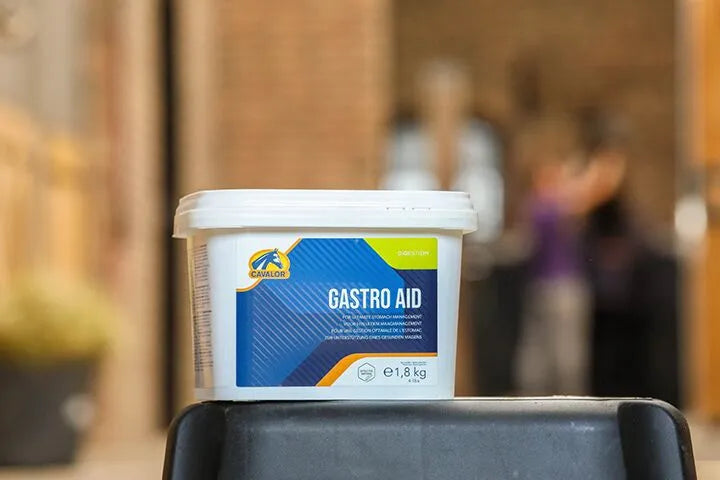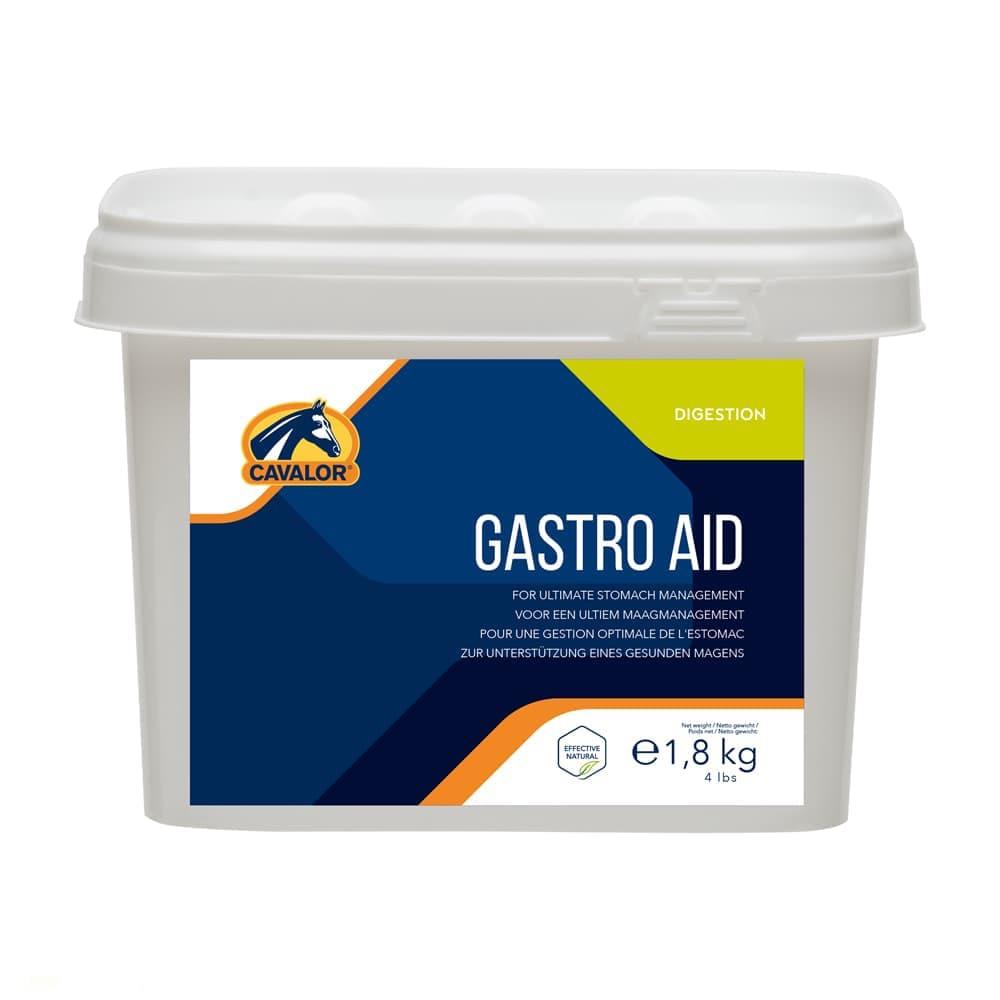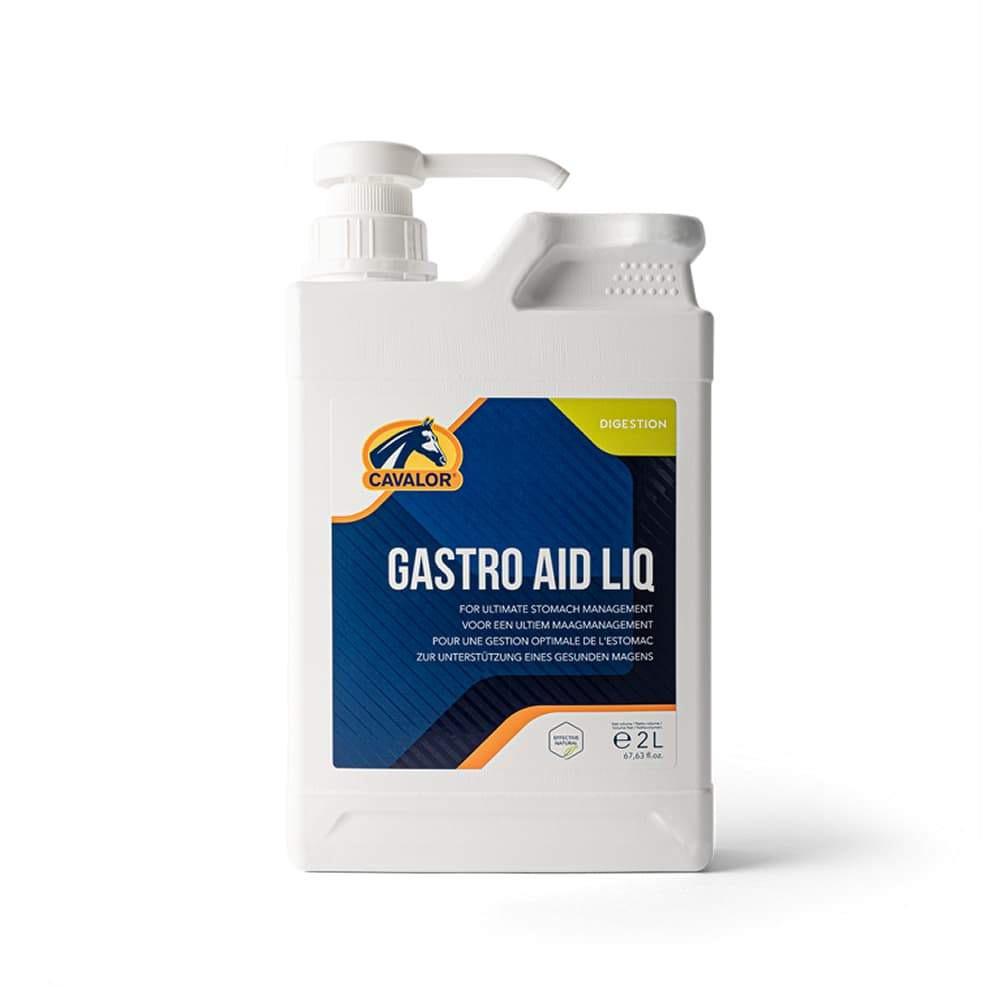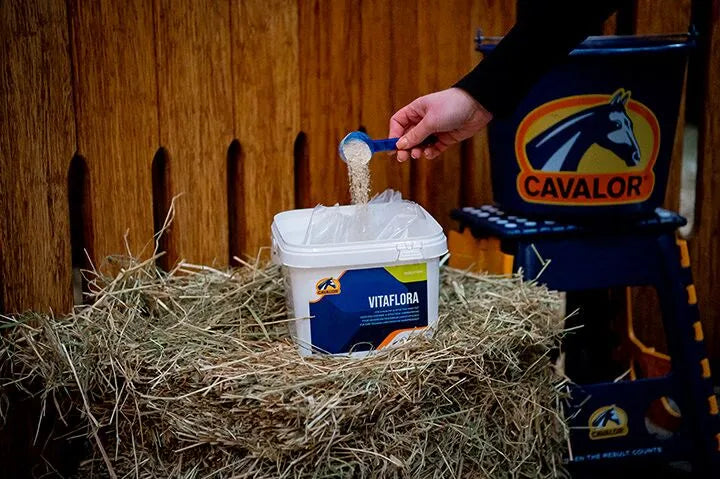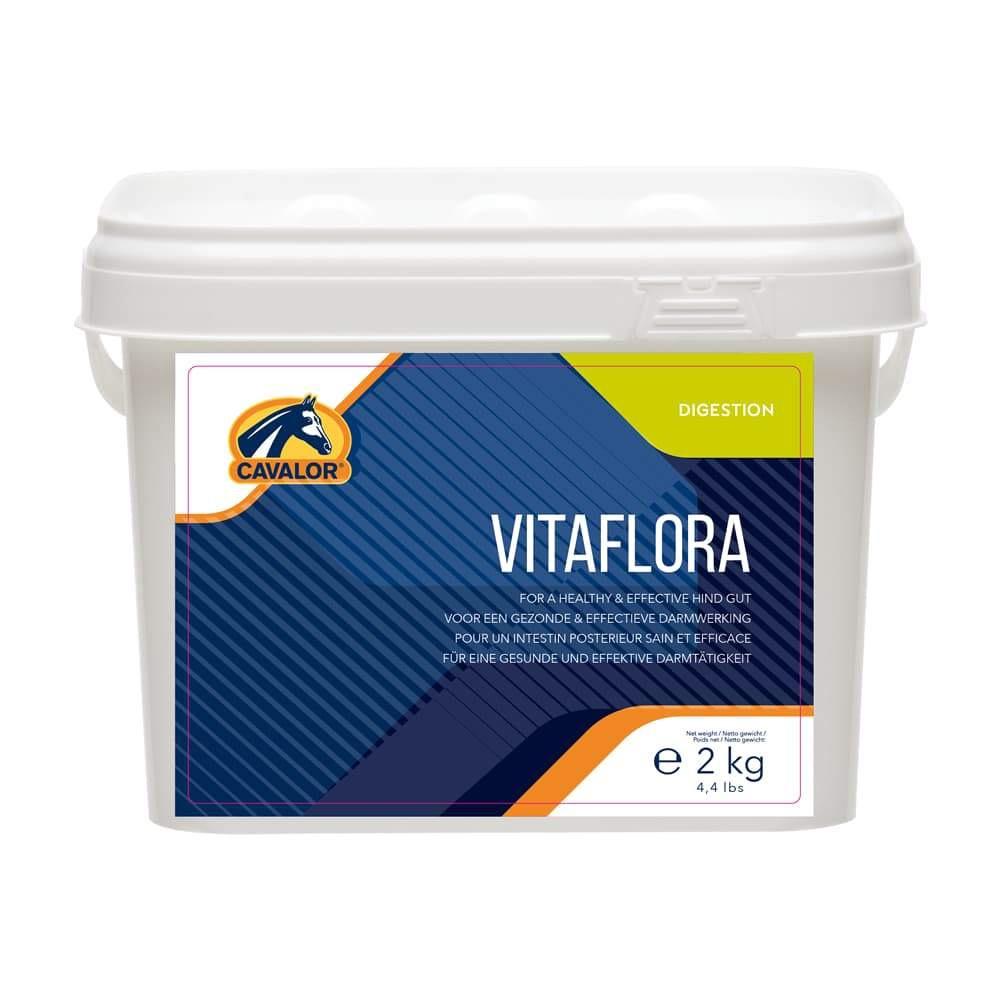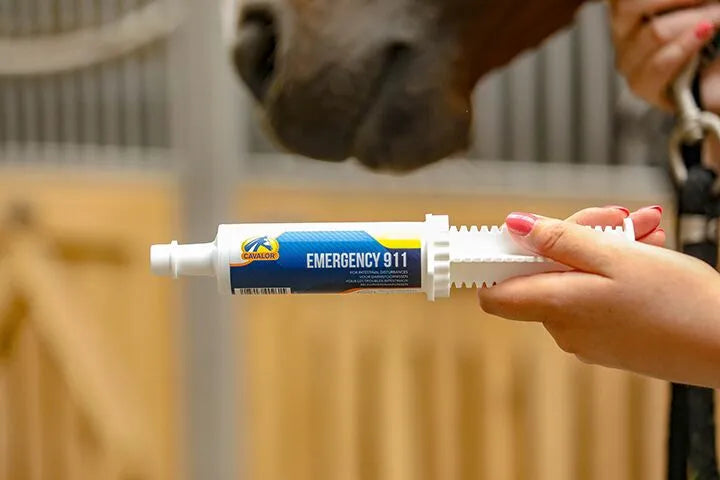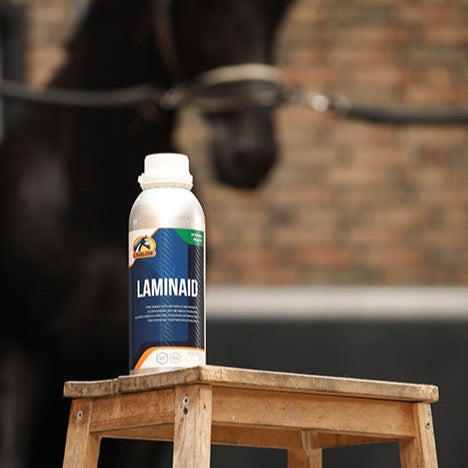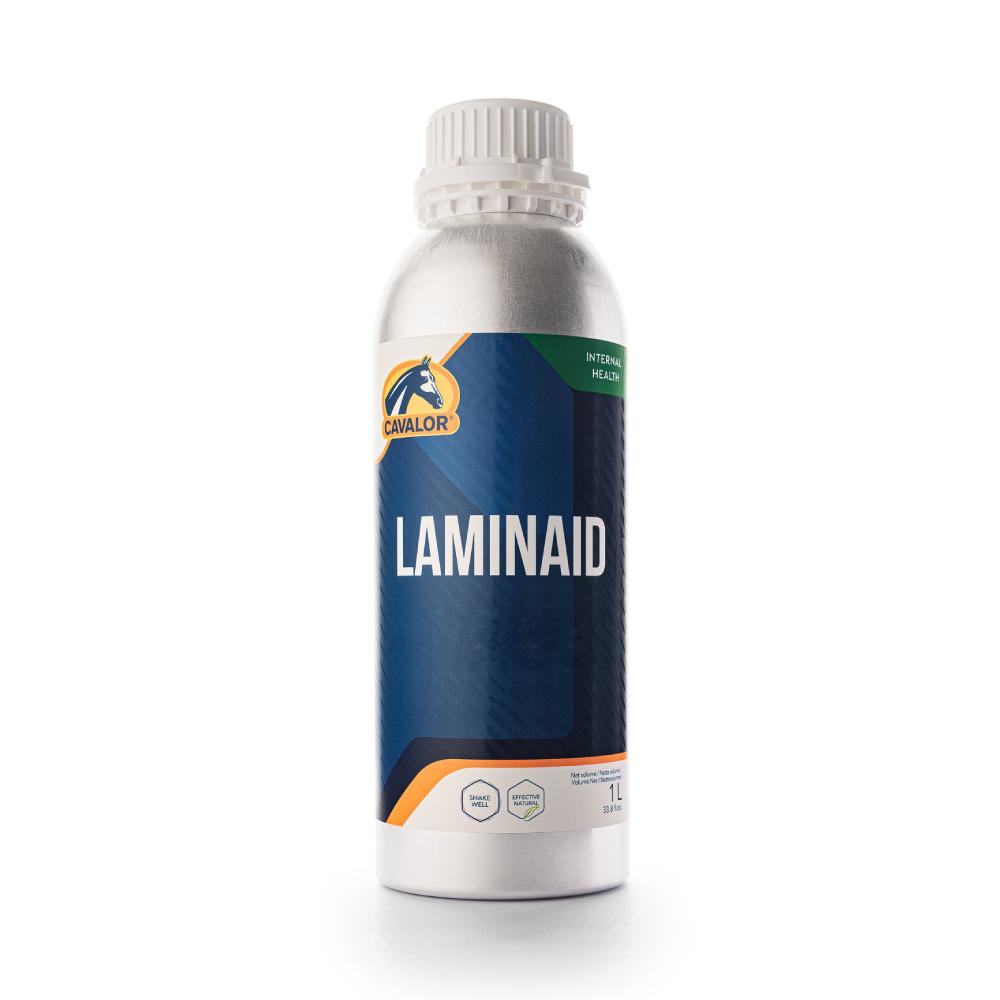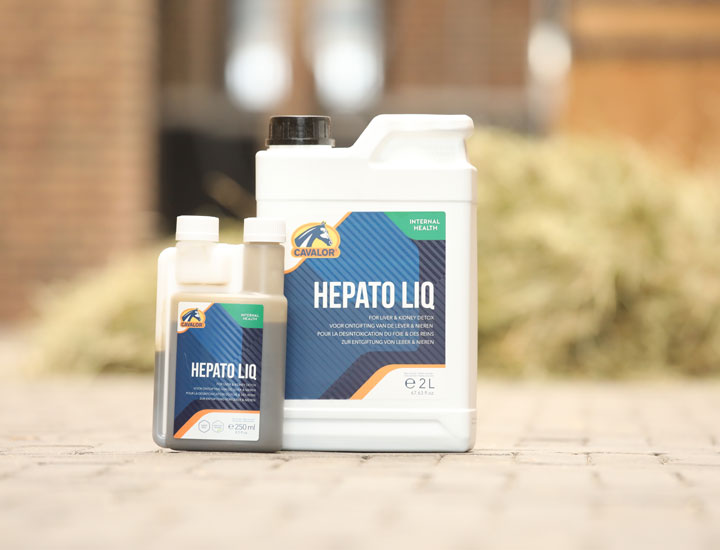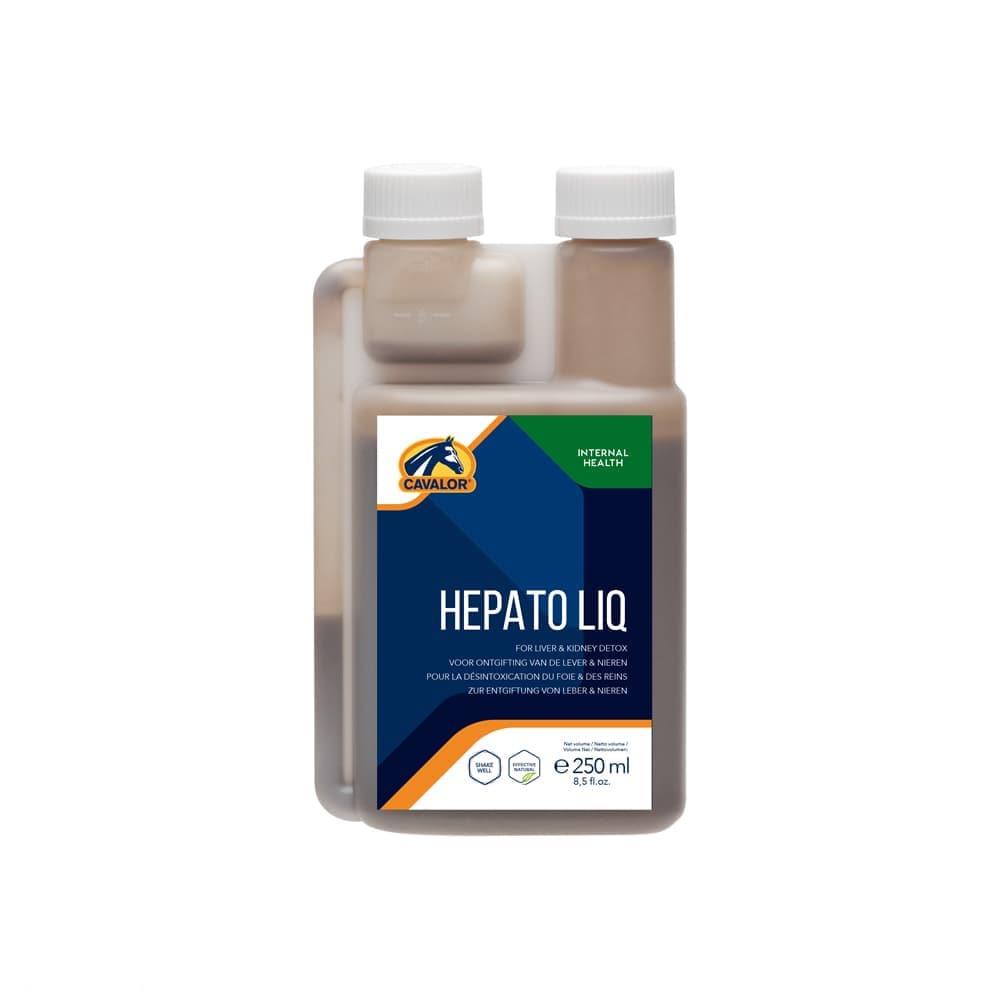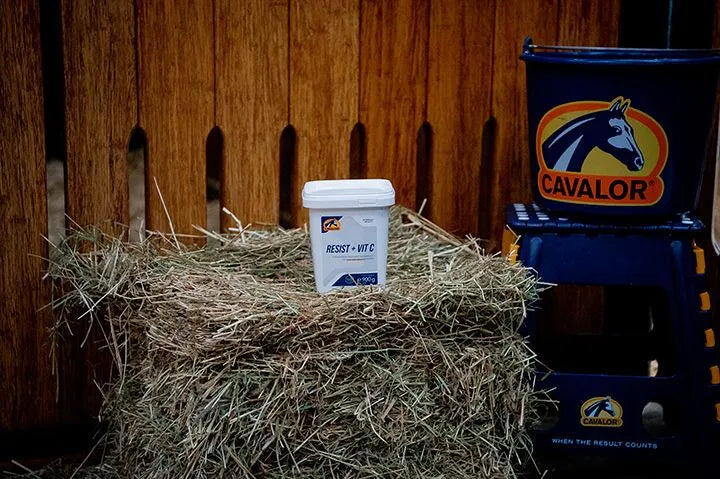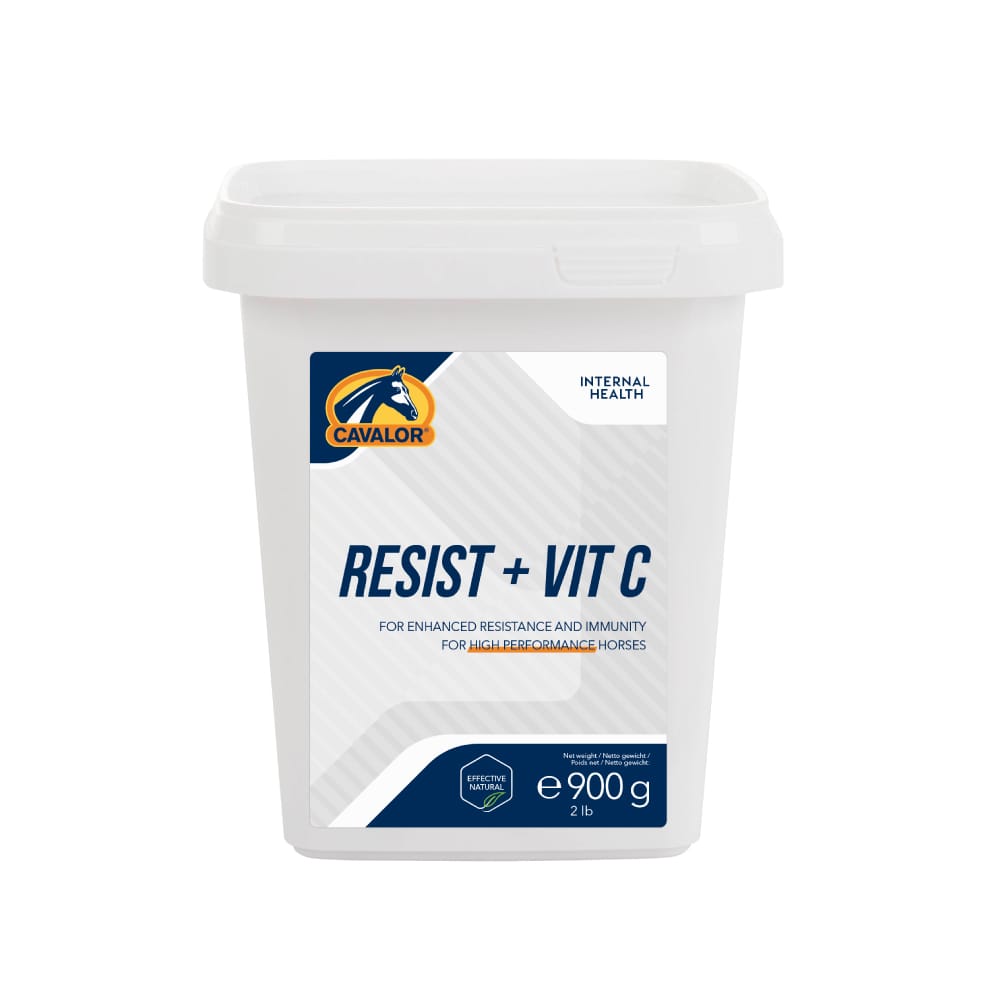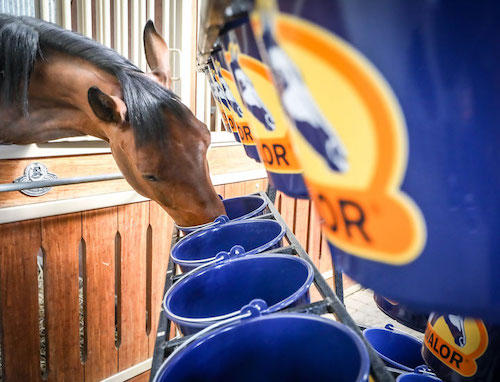
Systèmes internes et suppléments de digestion pour chevaux

De la steppe...
Les chevaux sont des animaux de troupeau par nature qui vivaient autrefois dans la steppe eurasienne. Ce sont des créatures d'habitude qui doivent toujours avoir la possibilité de fuir. Les chevaux sont également des herbivores habitués à se déplacer dans le pâturage. À l'origine, ils broutaient pratiquement jour et nuit, passant jusqu'à 16 heures par jour à grignoter des herbes et des herbes pauvres en nutriments. Cela leur a donné un apport constant d'aliments riches en fibres en petites quantités. Leur herbe était riche en fibres mais pauvre en sucre et en protéines. La gamme d'herbes et de graminées à leur disposition était si variée qu'ils avaient accès à de nombreuses vitamines et minéraux différents. L'alimentation naturelle des chevaux était donc riche en fibres et contenait beaucoup de vitamines et de minéraux , mais peu de sucre et de protéines et encore moins d'amidon.
...à l'écurie
La domestication du cheval a complètement bouleversé ce genre de vie. Les chevaux étaient placés devant des charrues et des chariots ou étaient montés. Les chevaux avaient désormais beaucoup à faire et l'herbe seule ne fournissait plus assez d'énergie. Ce déficit a été comblé par des céréales. Peu à peu, le cheval est passé d'animaux sauvages à de fidèles compagnons. De plus en plus, ils ont été utilisés pour les loisirs et le sport, devenant le cheval moderne d'aujourd'hui.
Les chevaux sont aujourd'hui utilisés dans une grande variété de disciplines équestres : saut d'obstacles, dressage, concours complet, course, voltige, endurance. Il existe également des différences significatives entre les races.
la compréhension est la clé
Le quotidien de ces chevaux est complètement différent de celui des chevaux sauvages. Ils ont beaucoup moins accès aux pâturages, sont souvent hébergés seuls et ne peuvent être montés que quelques fois par semaine. Bien que de nombreux propriétaires de chevaux fassent tout leur possible pour rendre la vie de leurs compagnons équins la plus agréable possible, la vie à l'écurie moderne comporte encore de nombreux défis.
Les régimes alimentaires des équidés ont également beaucoup changé depuis la domestication. Le fourrage que les chevaux mangent contient désormais plus d'énergie et de protéines. De plus, les pâturages contiennent une gamme d'herbes beaucoup plus limitée, ce qui signifie que leur teneur en vitamines et minéraux est beaucoup plus faible. Selon la saison, les chevaux (de sport) ne peuvent paître que quelques heures par jour et reçoivent des concentrés 2 à 3 fois par jour. Mais alors que la vie des chevaux domestiques d'aujourd'hui peut être complètement différente de celle de leurs ancêtres en liberté, leur système digestif est le même. Les grandes différences entre ce que les chevaux mangeaient alors et ce qu'ils mangent maintenant peuvent causer des problèmes à divers endroits du système digestif. Une bonne connaissance de l'anatomie et du processus de digestion est utile pour prévenir ces problèmes.
Une bonne santé digestive est essentielle pour les meilleures performances et le bien-être de votre cheval.
L'intestin du cheval est peuplé de milliards de bactéries et toute perturbation de son fonctionnement est préjudiciable à la santé de votre cheval.
Les chevaux souffrent également de stress et les ulcères sont donc monnaie courante chez tous les types de chevaux.
Cavalor fournit des produits gastriques ( Gastro Aid ) pour aider le fonctionnement de l'estomac du cheval et des produits pour l'intestin postérieur ( Vitaflora ) pour aider le côlon.
Vitaflora est particulièrement recommandé après une cure d'antibiotiques.
De plus, Cavalor fournit des solutions pour d'autres déséquilibres métaboliques dans le foie ( Hepatoliq ), la digestion générale ( Digest ), pour un soulagement plus rapide des problèmes gastriques ( Gastro Aid Paste ), des troubles graves ( Emergency 911 ) et pour les chevaux souffrant de troubles métaboliques entraînant des problèmes de pied. problèmes ( Laminaid )
Conseils pour garder votre cheval en bonne santé
Nous nous engageons à une bonne santé à l'intérieur et à l'extérieur. Nos produits - nutrition, suppléments et produits de soins - reflètent ce dont votre cheval a besoin à chaque exploit sportif, étape de la vie ou besoin particulier. Parce que des chevaux heureux et en bonne santé sont notre atout le plus précieux.
